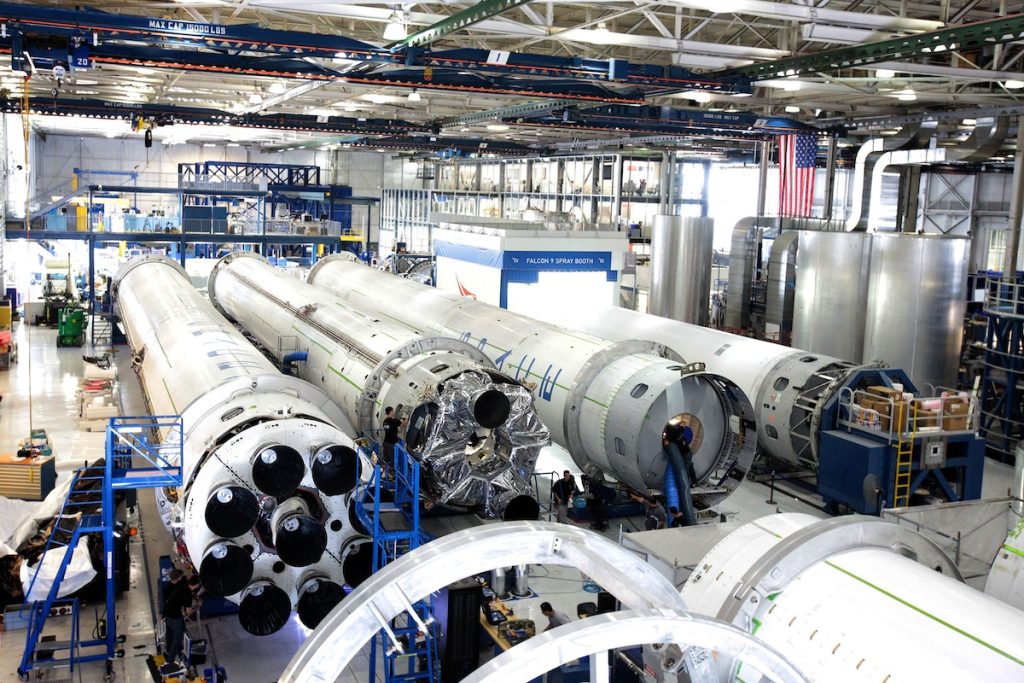The Fourth Industrial Revolution is already here. What began with the steam engine and the printing press has led to a new era of digital technologies and automation, which is now disrupting industries across the globe. In a recent 2022 survey by IoT Analytics, 72% of respondents say that they have started developing and implementing Industry 4.0 strategies.
The so-called Industry 4.0, or the fourth industrial revolution, is the use of a combination of new technologies for business operations. There is an increasing level of automation, artificial intelligence (AI), and machine learning in industry after industry. This fundamentally changes how products are designed, produced, marketed, and consumed.
What Is Industry 4.0 and How Will It Change the Way of Manufacturing Products?
Industry 4.0 is a term that refers to the fourth industrial revolution. This is a new era characterized by the increased use of digital technologies and automation, which is disrupting industries across the globe. Industry 4.0 will change the way of manufacturing products in several ways. First, it will increase automation and artificial intelligence in the industry. This will change how products are designed, produced, marketed, and consumed. For example, factory robots may perform repetitive tasks more efficiently, leading to faster and cheaper production. This will also give your workforce more time to focus on other essential tasks, like customer service.
Talking about the workforce, automation in manufacturing will also impact how employees will operate. People say that automation and AI will kill jobs. However, World Economic Forum says that AI will create at least 12 million more jobs than killing them. Hence, you will have to train your employees in manufacturing automation and retain them for long-term benefits.
Additionally, Industry 4.0 will increase the use of data and analytics. This will help companies better understand their customers and make more informed product design and marketing decisions. For example, data on customer behavior can be used to create personalized products or targeted marketing campaigns. Companies can create customer personas based on their preferences, demographics, and other data. They can then use this data to improve their products and services, ultimately improving customer satisfaction.
Another major change that Industry 4.0 brings is using smart, connected devices and systems in production processes. Connected machines can communicate with each other and make decisions on their own, leading to increased efficiency and flexibility in manufacturing. This also allows for real-time data collection and analysis, facilitating more informed decision making.
This shift towards smart, connected manufacturing also can significantly impact supply chain management. Connecting all players in the supply chain allows information to be shared and coordinated more efficiently, resulting in smoother operations and reduced waste.
How Industries Are Being Disrupted by Industry 4.0
Many industries already feel the impact of Industry 4.0, including manufacturing, retail, healthcare, transportation, and agriculture.

Automotive Industry
The automotive industry is one sector that is being particularly disrupted by Industry 4.0. Traditional car manufacturers are forced to adapt to the new reality or risk being left behind. For example, many carmakers now use 3D printing to create prototypes and custom parts, and some companies are experimenting with autonomous vehicles.
The rise of Industry 4.0 is also impacting the supply chain, as more and more businesses are adopting cloud-based solutions to manage their inventory and logistics.
Retail Industry
Industry 4.0 technologies, such as 3D printing, robotics, and artificial intelligence, profoundly impact many industries, including retail. Retailers are pressured to become more efficient and respond quickly to changing consumer demand. Many retailers are turning to Industry 4.0 technologies to automate their operations.
For example, some retailers use robots to fulfill orders in their warehouses and AI-powered chatbots to provide customer service. In addition, 3D printing is being used to create customized products on demand.
Healthcare Industry
The healthcare industry is undergoing a major transformation thanks to the rise of Industry 4.0. This new wave of technology is bringing about changes in how healthcare is delivered and how medical devices are designed and manufactured.
One of the most significant changes is the move from centralized to decentralized care. With Industry 4.0, patients are becoming more involved in their own care, thanks to wearable devices and mobile health applications. This shift is giving rise to a new breed of empowered and informed patients who play a more active role in their health.
In addition, Industry 4.0 is also changing the way that medical devices are designed and manufactured. Thanks to 3D printing and other advances in digital manufacturing, companies can now create customized devices specific to each patient’s needs. This customization is leading to more personalized and effective treatments for patients.
The adoption of Industry 4.0 may seem daunting, but it also presents a major opportunity for companies to improve their operations and stay competitive in an ever-changing marketplace. As more industries adopt these technologies, it will become increasingly necessary for businesses to adapt and stay ahead of the curve.
